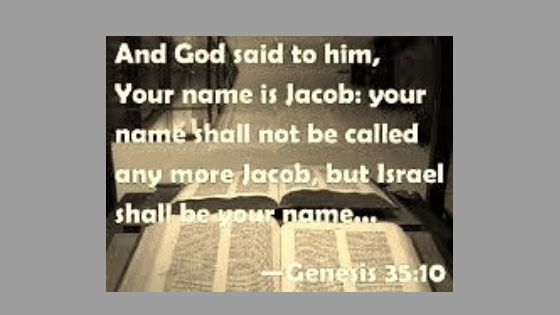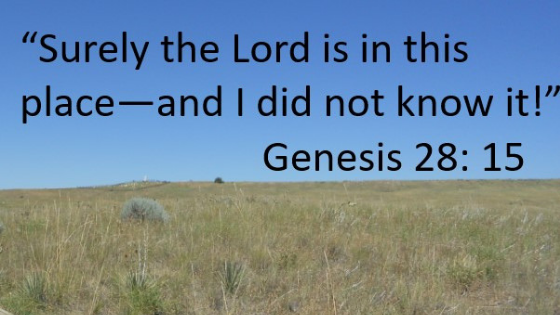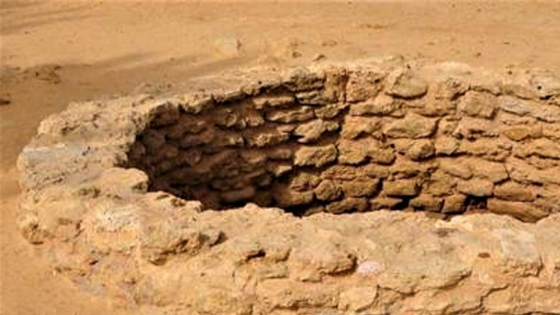
Shabbat Table Talk
Parashat Vayechi, 29th December 2017
Week of 24th -30th December 2017
Torah portion: Genesis 47:28-50:26 Haftarah: 1 Kings 2:1-12
Theme: God’s unexpected ways beyond comprehension!
Vayechi, Yaakov “And Jacob lived” is the opening word of the parashah which followed his lifespan. Where one would have expected an account of his life and achievements, follows instead his instruction for his impending passing on. “This final parashah of Genesis brings to a close the age of the Patriarchs” (Lieber, Etz Hayim, 293). It is a conclusion that touches on a number of issues: (i) God’s covenant with his people according to the promise to their forefathers that they would possess and dwell in the Promised Land (48:21; 50:24). (ii) Jacob’s last will and death. Jacob makes preparations for his burial summoning and instructing his son Joseph, and not the other sons, for his final wish making him swear an oath that he would accomplish it: “Do me this favor, … please do not bury me in Egypt. When I lie down with my fathers, take me up from Egypt and bury me in their burial place” (47:29-30). (iii) Jacob adopts Joseph’s sons begotten to him in Egypt as his sons, blesses them assuring them of an inheritance. (iv) Joseph reconciles with his brothers, leaving no room for worry or revenge (50:19-21) (Zimmerman, Experiencing Torah). (v) An introduction of a new era without Jacob and Joseph was no more but the sons of Jacob by themselves in Egypt. Eventually all the sons of Jacob died out and life took a turn with new leadership in the land, ignorant of Joseph that reduced them into slaves (Ex 1:9-10). (vi) God’s ways of operation are far removed from our ways: “Though you intended me harm, God intended it for good… to keep alive a numerous people” (50:20).
The parashat and the Haftarah have something in common, that is the approaching death of Jacob, of Joseph and of King David and what the future would entail for those left behind. All the three give farewell speeches; Jacob addresses his sons (49:29-31), Joseph his brothers (50:25) and King David his son Solomon.
It is notable that Joseph had a privileged place in the life of Jacob right from the moment of birth: “born to him in his old age” (37:3) to the moment of death. Jacob had preference for Joseph (37:3, Etz Hayim, 306); wept for the loss of his son (37:30.33-35), whose face he never expected to behold again (48:11). Only the sons of Joseph receive a particular blessing from the grandfather who adopts them as his sons (48:5). He receives “a double share, thus elevating him to the status of the firstborn”, (Etz Hayim, 298; cf. Plaut, 309; Gen 48:22). When Jacob died, it is Joseph, not the other brothers, who is mentioned to be in great sorrow, mourning him (50:1-3) and making preparation for a decent burial in his homeland as he per his last will (50:7).
Study questions: 1. When have you experienced God’s unpredictability in his operations and how have you reacted to it? 2. What lesson should we learn from Joseph’s dealing and reconciliation with his brothers?
Bibliography: Lieber, Etz Hayim, Torah and Commentary, New York, 2001; Plaut, The Torah. A Modern Commentary. New York, 2006; Zimmermann, “Experiencing Torah”, https://experiencingtorah.wordpress.com/2017/01/13/vayechi-genesis-4728-5026/
This week’s teaching commentary was prepared by
Sr. Gemma Nalubwama DEP, BA, Uganda
Bat Kol alumna 2015
[Copyright © 2017]
…………………………………………………………………
PLEASE NOTE: The weekly Parashah commentaries represent the research and creative thought of their authors, and are meant to stimulate deeper thinking about the meaning of the Scriptures. While they draw upon the study methods and sources employed by the Bat Kol Institute, the views and conclusions expressed in these commentaries are solely those of their authors, and do not necessarily represent the views of Bat Kol. The commentaries, along with all materials published on the Bat Kol website, are copyrighted by the writers, and are made available for personal and group study, and local church purposes. Permission needed for other purposes. Questions, comments and feedback are always welcome.
………………………………………………………………
Bat Kol Institute for Jewish Studies, Jerusalem
1983–2017
“Christians Studying the Bible within its Jewish milieu, using Jewish Sources.”
Website: www.batkol.info; Commentary Admin: gill@batkol.info



